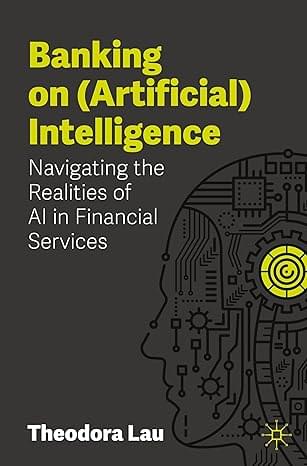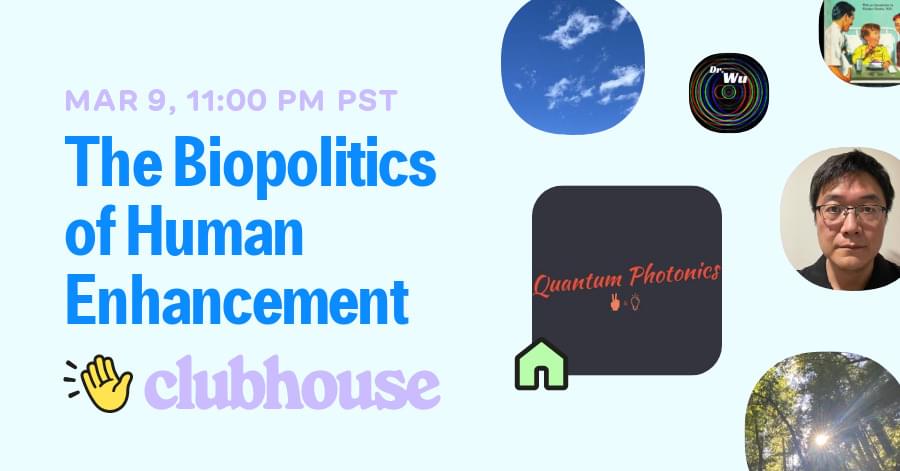A million years into the future, what remains of humanity? AI-generated visuals bring to life a dystopian vision of Earth’s distant future—a world ruled by the Sovereign, where civilization has evolved beyond recognition. The last true humans, the Ancestrals, fight to survive in the shadows of a world no longer their own. There is no war, no peace—only the Struggle.
💡 What happens when civilization endures for eons?
💡 Can true humanity survive the relentless march of time?
💡 Watch as AI imagines a future shaped by evolution, power, and survival.
⚡ Created with cutting-edge AI-generated visuals and storytelling.
⚡ Experience a sci-fi vision like no other—where deep time reshapes everything.
🔔 Subscribe for more AI-generated sci-fi films and alternate realities!
👍 Like, share, and comment—what do YOU think of this future?
All imagery produced with generative AI tools : Midjourney, Runway Gen3, Hailuoai Minimax, Kling, and Luma Labs Ray2.
Music produced with Riffusion AI.








